What is bee pollen?
To briefly outline: Bees collect bee pollen to ensure the rearing of their offspring with this protein food. The small farm animals collect pollen in a targeted manner, which, by the way, is also referred to as pollen. Nature equipped the insects on their hind legs with tiny baskets, the so-called pollen baskets. When rummaging through the nectar of flowers, the dust gets stuck in the bees’ coat and is smeared together with the help of the legs and packed into the baskets. Back in the hive, the forager bee gives its collected material to the hive bees, which take care of further processing. The saliva of bees sets chemical processes in motion that turn pollen into a form of natural food with healing properties that can be used by humans.
How does the beekeeper obtain pollen?
Since a beekeeper can hardly brush off every single bee in search of the pollen, he attaches a so-called “pollen trap” at the entrance to the hive. The insect returns home, squeezes through a narrow hole, losing pollen in the process. Of course, not all the pollen is intercepted by humans, part always remains with the animals, so that they have enough food for their offspring.
What is healthy about pollen?
Bee pollen consists of numerous proteins, vitamins, amino acids, fats, carbohydrates, enzymes, hormones, essential oils and other substances that have yet to be researched. Many users rely on the healing power of tiny pollen, with a clear focus on the fact that no bee pollen can alleviate a serious disease. In general, natural products are only an option if they are used to treat mild complaints. The first point of contact for symptoms is and remains the doctor. Otherwise, bee pollen is said to have positive properties on intestinal activity, the formation of red blood cells is said to improve, and the autonomic nervous system seems to calm down under the influence of the ingredients of the pollen. In general, pollen is a solid means of strengthening the body’s own defenses and the deep-lying skin cells are stimulated to form strong hair.
Pollen sources
Plant groups that depend on pollination by bees:Fruit and berry trees – Oleaginous fruits:
- Rapeseed, turnips, sunflowers, etc.
- Fodder legumes and vegetables for seed production.
- Mountain ash, blackthorn, bird cherry, blueberry, cranberries
Other pollen sources:
- Sweet chestnut, horse chestnut, European beech, ash, field maple, birch, acacia, willow, linden, elm, etc.
How is bee pollen obtained?
We owe not only the honey to the collecting bees, but also the collection of the pollen, which they enrich with their own active ingredients. During their flower visits, the bees harvest the pollen dust, which they form into small balls and enter the hive on their hind legs, which are perfectly equipped for this purpose. The bees collect this food for the rearing of the bee brood. A large number of modern scientists agree that bee pollen is also a source of life and strength for humans.
What effect does bee pollen have?
Recent scientific publications by Russian genetologists report on poor beekeepers whose main diet was pieces of honeycomb with pollen and honey. Many of them reached an age of over 100 years. Pollen diet has proven itself in case of liver dysfunction, since the large content of amino acids and B vitamins contained in it compensates for the lack of protein. E. Herold (Heilwerte aus dem Bienenkolonk 1970, 5. 158) reports that with regular pollen consumption, fatigue disappears, the ability to concentrate is increased and joie de vivre sets in. Our low-hormone civilization diet has the consequence that today many suffer from potency disorders and prostate problems. Hormone-rich food, on the other hand, stimulates the male and female sex glands, delaying the aging process. Bee pollen is rich in hormones, it contains a concentrate of protein, fat, carbohydrates, vitamins’ ferments, minerals and trace elements. The two Swedes, Dr. E. Ask-Upmark from Uppsala University Hospital and Dr. G. Jönsson from Lund University Hospital, discovered that pollen has an extremely beneficial effect on prostate disorders (published in Svenska Läkertidmingen vol. 56 5. 1849-1959). The Frenchman A. Caillias (20th Congress, Bucharest 1965) comes to the same conclusion. Prof. Dr. Remy Chauvin has conducted extensive research on pollen. It has become clear that pollen regulates intestinal activity, stubborn constipation is improved as well as diarrhoea. Spectacular successes have been achieved in intestinal inflammation caused by fermentation and putrefaction. In the case of anemia, a pollen cure achieved an increase in the red blood pigment and a significant improvement in general well-being.
Storage:
To preserve the quality and freshness of the bee pollen, the bee pollen should be stored in a freezer.
Only if the bee pollen is consumed regularly is it possible to store it in a cool place instead. Take a small amount before use to prevent against any allergic reactions.

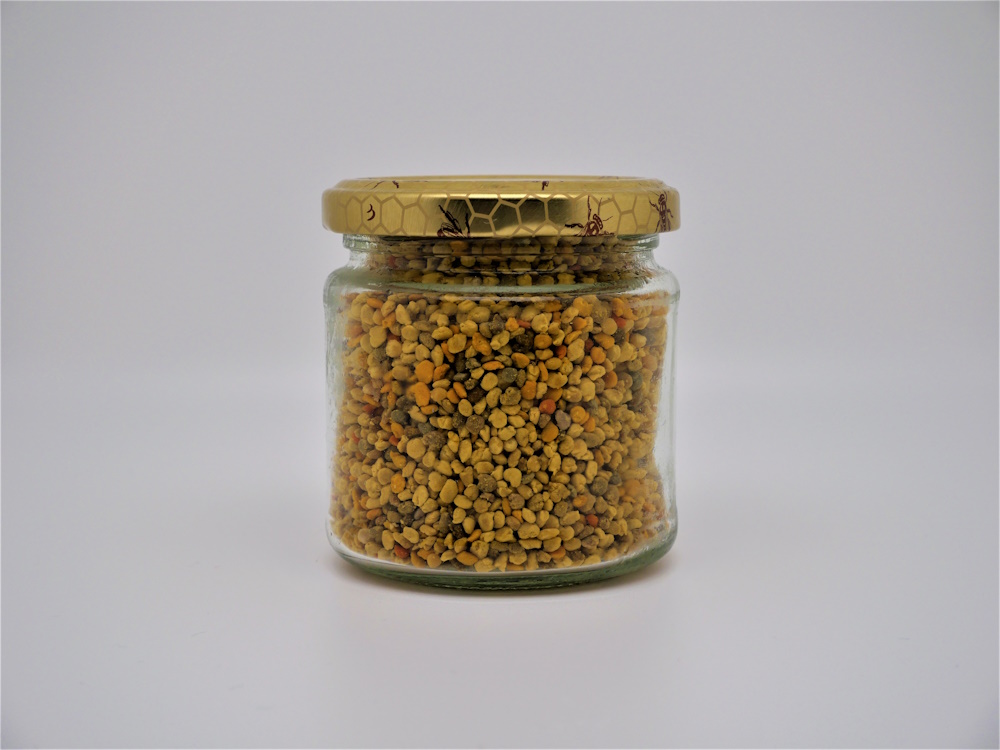
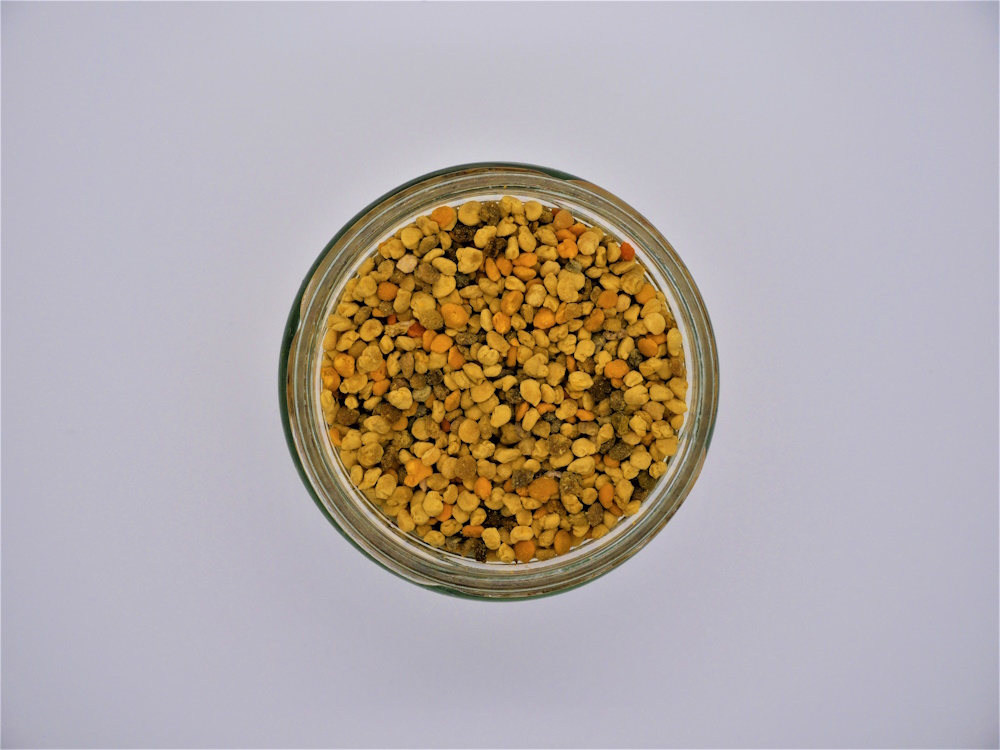
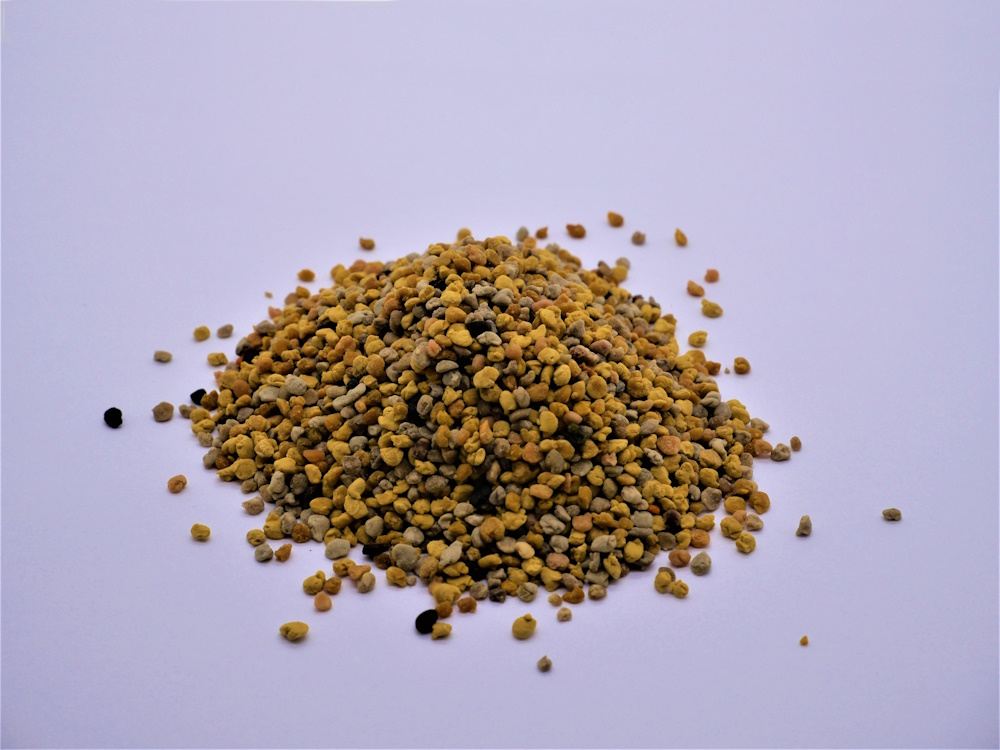
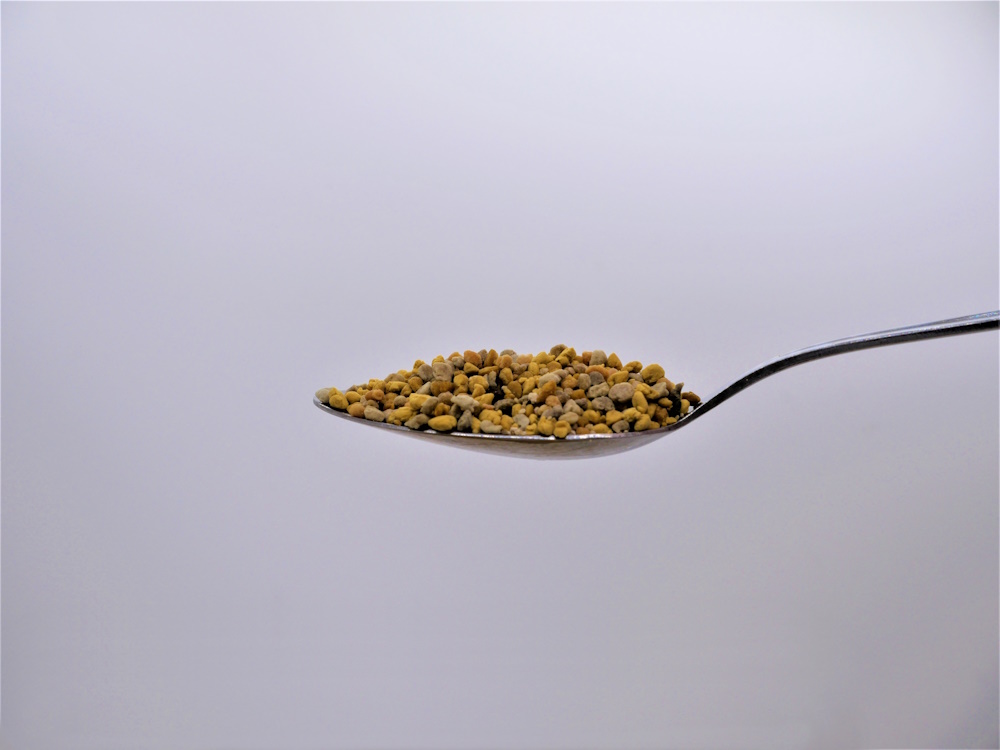
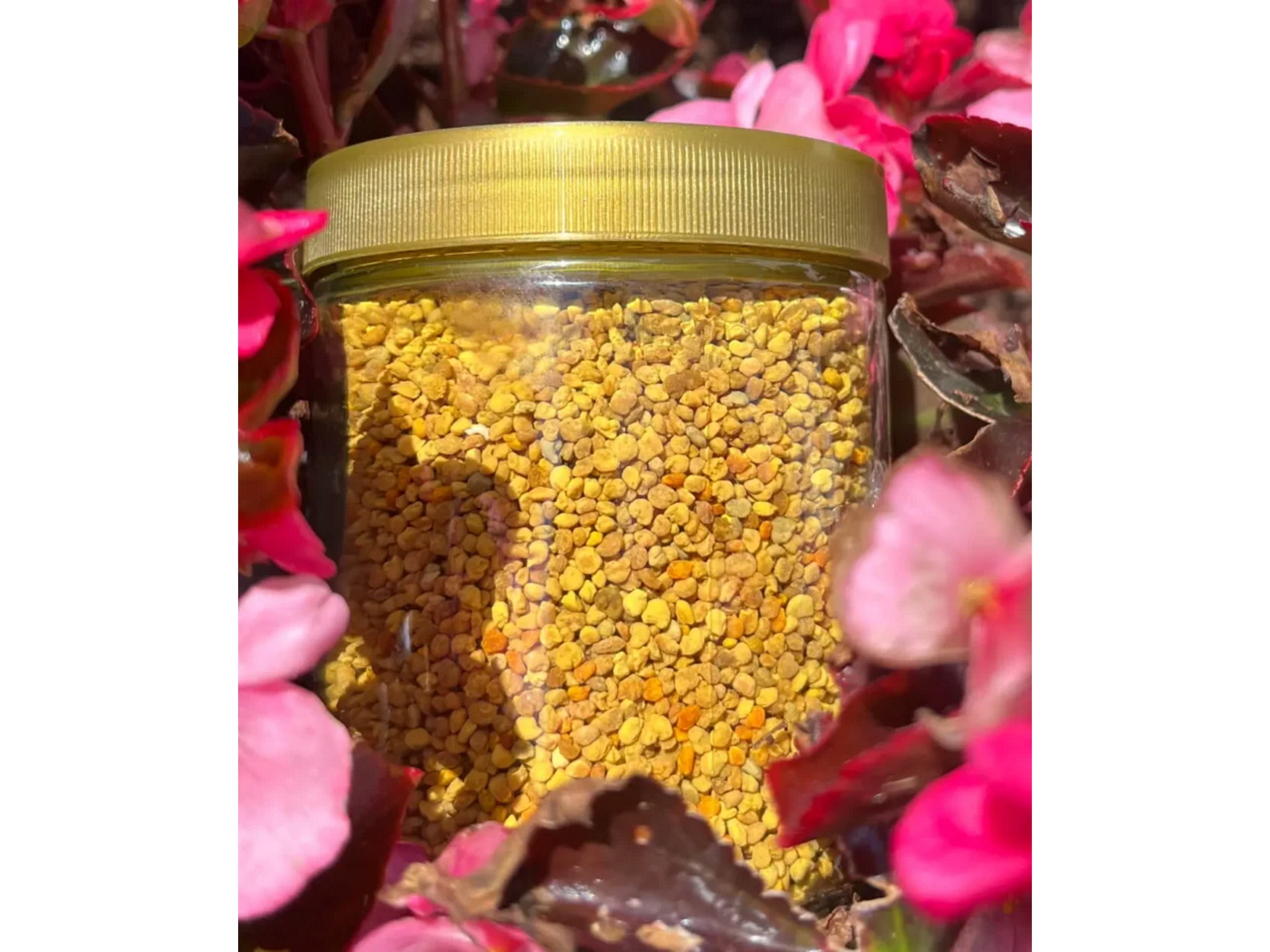
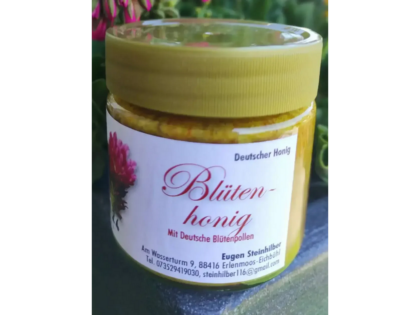
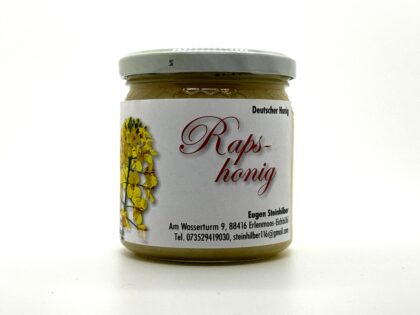
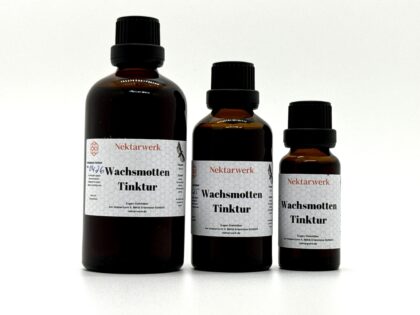
Reviews
There are no reviews yet.